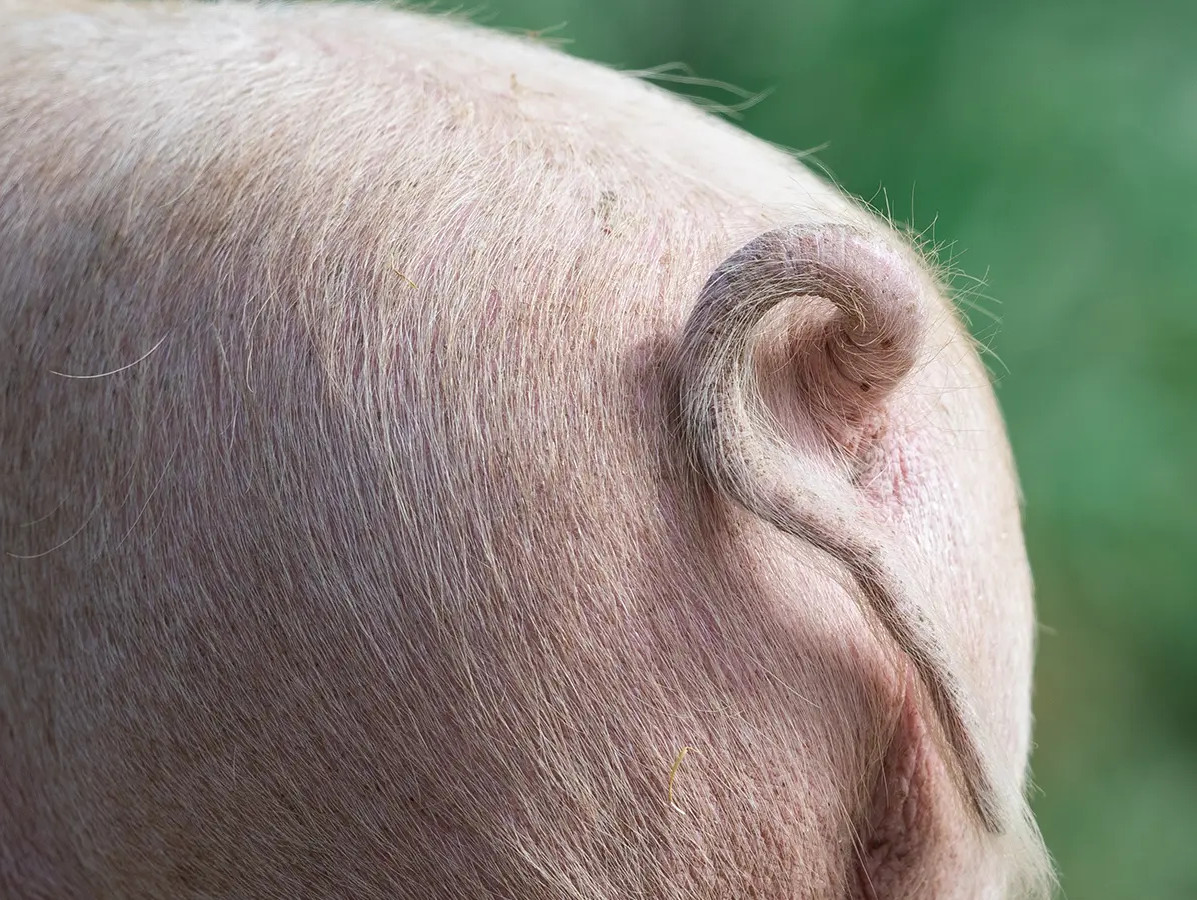
The routine docking of pig tails is about to disappear in Dutch pig farming. Due to stricter legislation coming into effect in 2030 and increased attention to animal welfare, the sector is working towards structural change. The project 'Stoppen met couperen van varkensstaarten' marks the first steps in this transition. Guided by experts and in collaboration with 12 pig farmers, meat processor Vion, and retail partners, the aim is to develop a sustainable and animal-friendly approach.
A pig's tail reveals much about its well-being. A wagging tail signals relaxation, while a tail hanging between the legs often indicates stress or health issues. Preserving the tail therefore plays a crucial role in improving animal welfare. Although routine tail docking is officially prohibited, it is still widely practiced as a precaution against tail biting. The new approach requires a shift in barn management to reduce stress and boredom among pigs.
The project, running until 2026, supports pig farmers step by step. Welfare coaches and climate specialists assist them in adapting their operations, from welfare checks to optimizing barn climates. Monitoring is essential in this process, ranging from on-site observations to slaughter-line analyses. The number of pigs with intact tails is gradually increased, allowing farmers to gain experience without compromising animal welfare.
According to Daan Mulders of Vion, the new method demands a sharper focus during daily inspections. The tail is an important communication tool. Identifying signs of stress early can help prevent tail biting. The knowledge gained will be widely shared, enabling the entire sector to benefit from this innovative and sustainable approach.
Source: DLV Advies